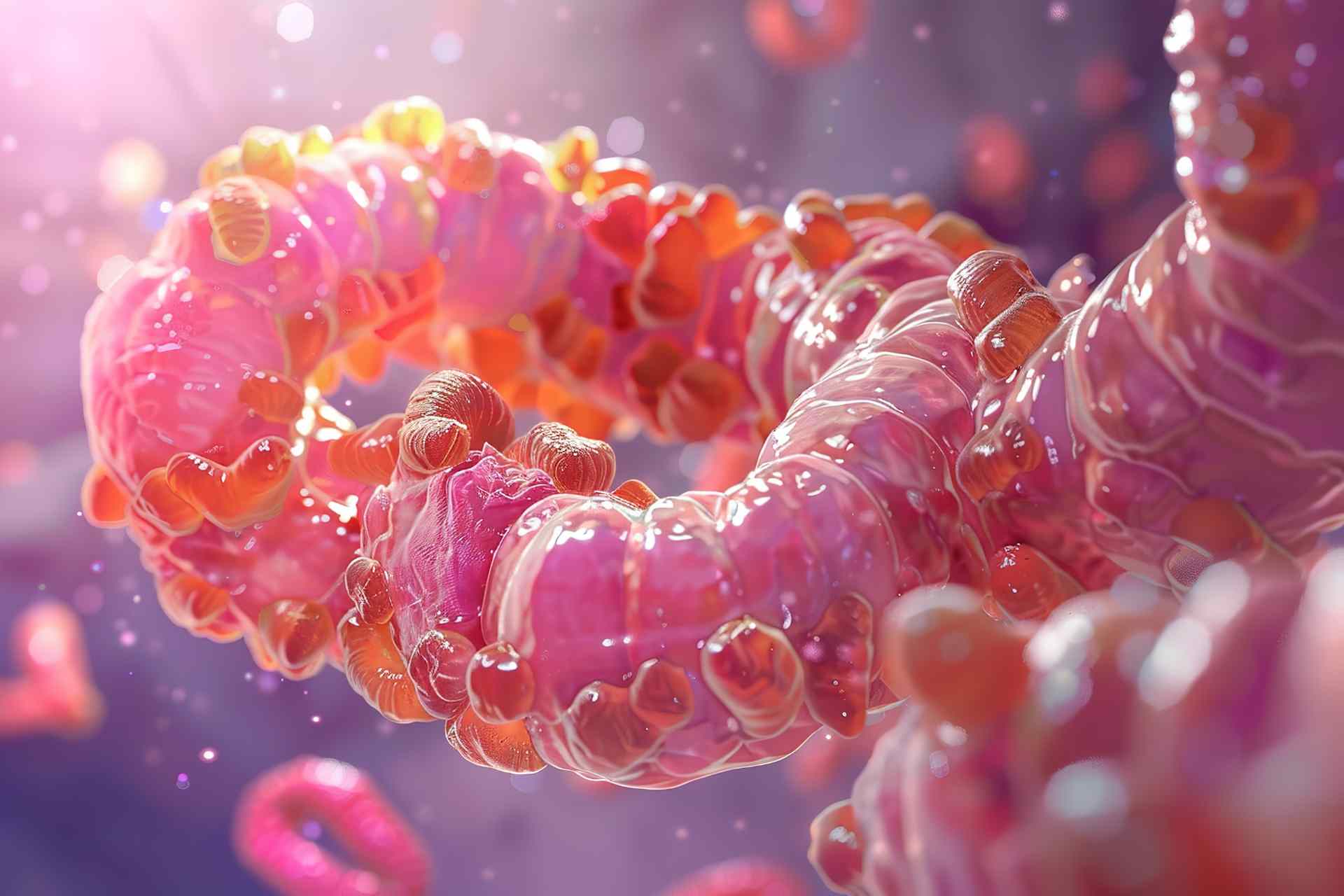What is already known
The gut microbiota produces many metabolites, some of which are known to modulate important aspects of tumor biology, including cell proliferation, invasion and metastasis. For example, the secondary bile acid deoxycholic acid, or DCA, is present at high concentrations in people with colorectal cancer. However, how this affect the host immune responses in colorectal cancer remains elusive.
What this research adds
Researchers screened microbiota-derived metabolites and found that DCA suppresses anti-tumor responses mediated by CD8+ T cells, a type of white blood cell that kills cancer cells. DCA reduced CD8+ T cell responses by inhibiting calcium signaling — the use of calcium ions to drive intracellular processes. In people with colorectal cancer, higher levels of DCA were associated with lower CD8+ T cell function. DCA also suppressed CD8+ T cells function and promoted tumor growth in mice. However, targeting microbial DCA metabolism prevented the development of cancer.
Conclusions
By showing that microbial DCA reduces anti-tumor responses in colorectal cancer, the findings may inform new approaches to cancer therapy.
The gut microbiota produces many metabolites, some of which are known to modulate important aspects of tumor biology, including cell proliferation, invasion and metastasis. Now, researchers have found that a microbial metabolite called acid deoxycholic acid, or DCA, reduces anti-tumor responses in colorectal cancer.
The findings, published in Immunity, may inform new approaches to cancer therapy. The work, the authors say, “suggested a potential approach for the treatment and perhaps even prevention of [colorectal cancer] through targeting DCA-producing bacteria.”
DCA is a secondary bile acid, a class of molecules produced by gut bacteria through the conversion of primary bile acids. Although scientists have known that DCA is present at higher concentrations in people with colorectal cancer, the consequences of this increase remain poorly understood.
Secondary bile acids have been shown to regulate the differentiation of specific immune cells that aid the activity of other immune cells. So, researchers led by Jingjing Cong at the University of Science and Technology of China in Hefei set out to investigate whether microbial metabolites could modulate anti-tumor immune responses. Their goal was to assess whether manipulating the gut microbiota or its metabolites could prove effective against cancer.
Immune response
The team screened 73 microbial metabolites and tested their effect on the activity of CD8+ T cells, a type of white blood cell that kills cancer cells. Exposure to DCA decreased the ability of CD8+ T cells to kill cancer cells and it inhibited their proliferation capacity, the researchers found.
“These results demonstrated that DCA suppresses the activation, proliferation, and effector function of CD8+ T cells,” the authors say.
Further experiments suggested that DCA reduces CD8+ T cell responses by inhibiting calcium signaling — the use of calcium ions to drive intracellular processes. In particular, DCA prevented the accumulation of calcium ions within CD8+ T cells, thus impairing their function.
Risk factor
In people with colorectal cancer, higher levels of DCA are associated with lower CD8+ T cell function, the researchers found. So, they went on to investigate the impacts of DCA on CD8+ T cells in mice with colorectal cancer.
Mice given DCA daily for two weeks showed high levels of DCA in their blood and stool. DCA suppressed CD8+ T cells function and promoted tumor growth in these animals. However, targeting microbial DCA metabolism prevented the development of cancer, the researchers found.
“Our study demonstrated causation between microbial DCA metabolism and anti-tumor CD8+ T cell response in [colorectal cancer],” the authors say. “Conducting studies with larger cohorts would be useful to validate DCA or DCA-producing bacteria as risk factor for [colorectal cancer].”











